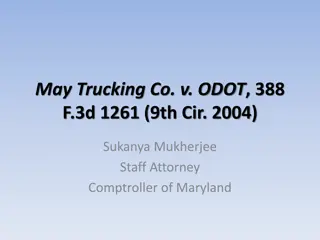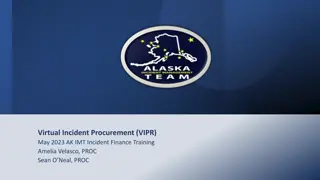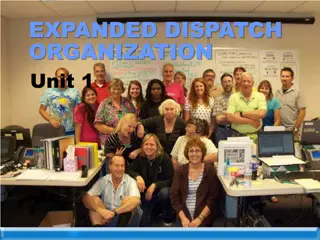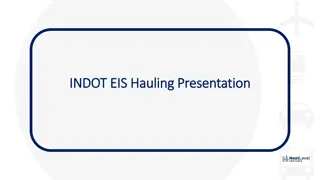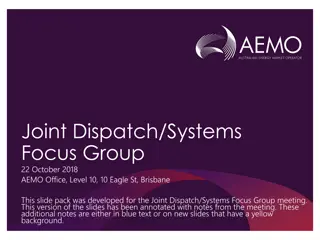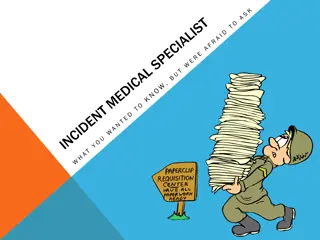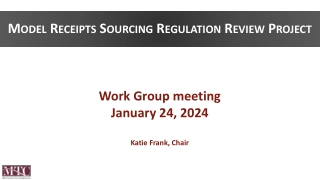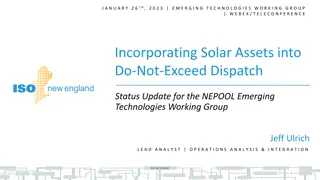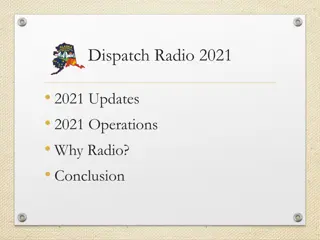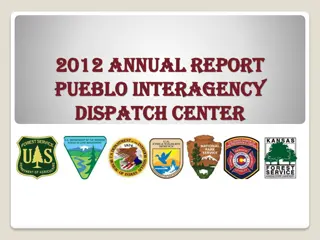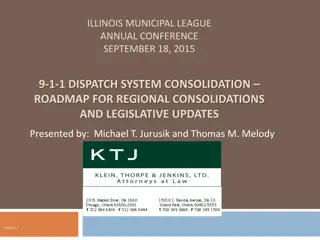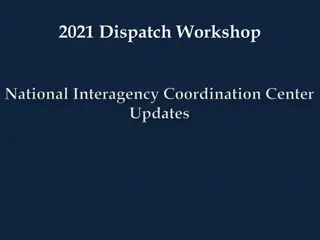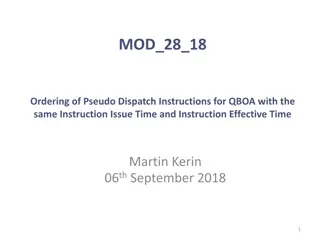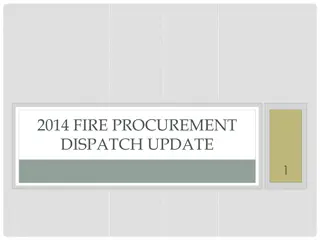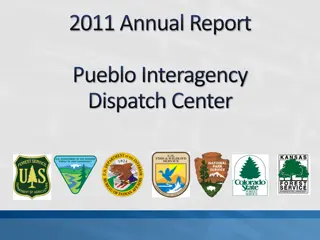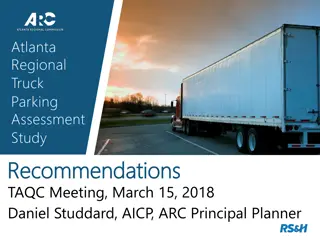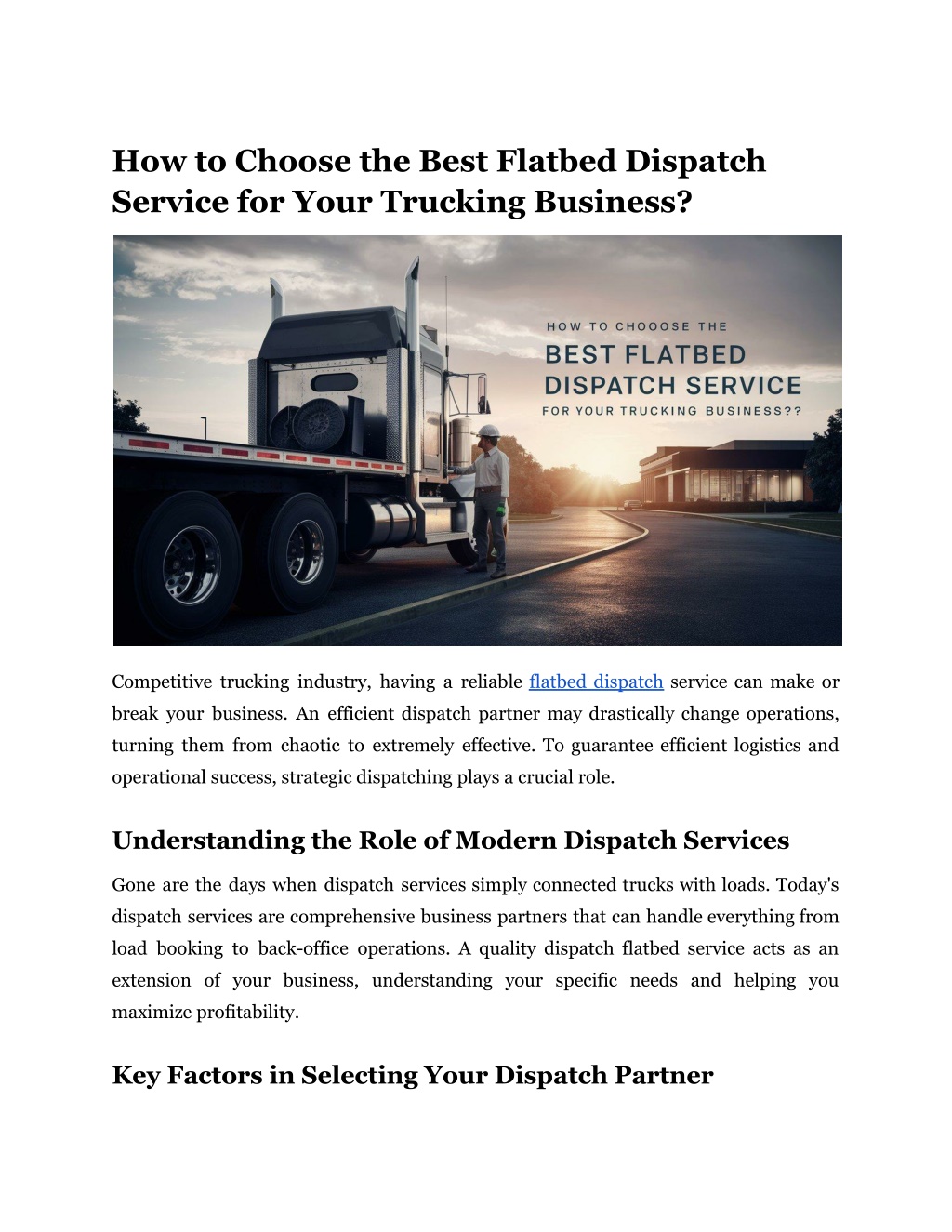
How to Choose the Best Flatbed Dispatch Service for Your Trucking Business_
Discover how to find the right flatbed dispatch service to boost your trucking business. Get tips on selecting a reliable partner for your needs.
Download Presentation

Please find below an Image/Link to download the presentation.
The content on the website is provided AS IS for your information and personal use only. It may not be sold, licensed, or shared on other websites without obtaining consent from the author. Download presentation by click this link. If you encounter any issues during the download, it is possible that the publisher has removed the file from their server.
E N D
Presentation Transcript
How to Choose the Best Flatbed Dispatch Service for Your Trucking Business? Competitive trucking industry, having a reliable flatbed dispatch service can make or break your business. An efficient dispatch partner may drastically change operations, turning them from chaotic to extremely effective. To guarantee efficient logistics and operational success, strategic dispatching plays a crucial role. Understanding the Role of Modern Dispatch Services Gone are the days when dispatch services simply connected trucks with loads. Today's dispatch services are comprehensive business partners that can handle everything from load booking to back-office operations. A quality dispatch flatbed service acts as an extension of your business, understanding your specific needs and helping you maximize profitability. Key Factors in Selecting Your Dispatch Partner
Industry Experience and Specialization The flatbed sector has unique challenges that require specialized knowledge. Your dispatcher should understand the intricacies of flatbed freight, including securement requirements, specialized equipment needs, and typical loading/unloading procedures. Look for a service provider with at least 3-5 years of specific experience in flatbed operations. Financial Considerations and Pricing Models Understanding the cost structure is crucial for your bottom line. Here's a typical breakdown of dispatch service pricing models: Pricing Model Typical Range Best Suited For Percentage-based 5-10% per load New operators with variable income Flat-rate $150-300/week Established businesses with steady loads Per-load fee $30-50/load Occasional dispatch needs Hybrid models Varies Complex operations with multiple trucks Technology Integration and Tools Modern dispatch operations require robust technological support. Your dispatch service should offer: 1. A digital platform for real-time load tracking and updates 2. Mobile apps for easy communication and document sharing 3. Integration capabilities with your existing management systems 4. Automated billing and payment processing systems Communication and Availability Clear communication can mean the difference between a successful haul and a costly mistake. Consider how your potential dispatch service handles:
1. Response times during emergencies 2. Regular updates and check-ins 3. Multiple communication channels (phone, email, messaging apps) 4. After-hours support availability Essential Services to Look For A comprehensive flatbed dispatch services should offer: Core Services: Your dispatch partner should excel in these fundamental areas: Finding and negotiating profitable loads Route planning and optimization Rate confirmation and paperwork management Detention time monitoring and management Quick pay options and factoring relationships Value-Added Services: Look for providers offering additional services that can streamline your operations: Fuel card program management IFTA reporting assistance Insurance verification DOT compliance support Market analysis and rate forecasting Red Flags to Watch Out For While evaluating dispatch services, be wary of these warning signs: Transparency Issues: A reputable dispatch service should be completely transparent about its operations. Be cautious if you encounter:3 Reluctance to provide references from current clients Unclear or constantly changing fee structures
Vague answers about their load-sourcing methods Unwillingness to provide written agreements Operational Concerns: Watch out for services that: Promise unrealistic rates or guaranteed minimum payments Require long-term contracts with hefty cancellation fees Lack of proper insurance and bonding Have limited experience with flatbed-specific requirements Making Your Decision: A Step-by-Step Approach Initial Assessment Start by evaluating your specific needs: 1. Create a list of must-have services 2. Determine your budget constraints 3. Identify your preferred communication style 4. Consider your growth plans Research Phase Spend time gathering information about potential providers: 1. Request detailed service proposals 2. Check online reviews and testimonials 3. Verify insurance and bonding credentials 4. Contact industry references Trial Period Before making a long-term commitment:
1. Request a short trial period (typically 30 days) 2. Test their communication responsiveness 3. Evaluate load quality and negotiation skills 4. Assess their problem-solving capabilities Best Practices for Working with Your Chosen Dispatcher Once you've selected your dispatch service, maximize the relationship by: Setting Clear Expectations: Document your preferences regarding: I. Minimum rate requirements II. Preferred lanes and regions III. Loading/unloading time constraints IV. Communication protocols Maintaining Open Communication: Regular check-ins help prevent issues: I. Schedule weekly performance reviews II. Provide feedback on load quality III. Discuss market trends and opportunities IV. Address concerns promptly Performance Metrics to Track When working with a dispatch flatbed line, it's crucial to monitor these key performance indicators (KPIs) to ensure you're getting the best value: Performance Metric Target Range Why It Matters How to Monitor Load Acceptance Rate 85-95% Indicates quality of load matching Track loads offered vs. accepted
Average Rate per Mile $3.00-$4.50 Measures revenue efficiency Calculate weekly/monthly averages Detention Resolution Time Under 2 hours Shows dispatcher effectiveness Log detention incidents and resolution times Payment Processing Time 15-30 days Affects cash flow Monitor invoice to payment timeline Load Cancellation Rate Under 5% Reflects reliability Track cancelled loads vs. total loads Dead Head Miles Under 10% Impacts profitability Calculate empty miles percentage Response Time Under 30 mins Measures communication efficiency Log response times to inquiries Conclusion Choosing the right dispatch service is a critical decision that requires careful consideration of multiple factors. Take your time, do thorough research, and don't hesitate to ask tough questions. Remember, the right dispatch partner will be invested in your success and growth. Looking for a dispatch service that checks all these boxes? Tech Rig Dispatch offers comprehensive flatbed dispatch solutions tailored to your business needs. With our proven track record and carrier-first approach, we're ready to help take your trucking business to the next level. Site Article: How to Choose the Best Flatbed Dispatch Service for Your Trucking Business?

